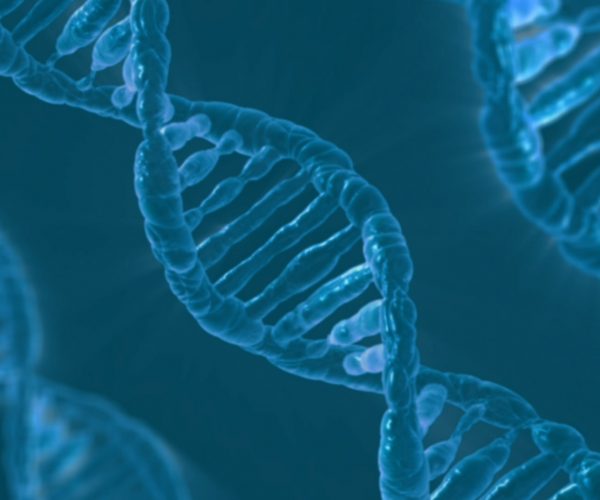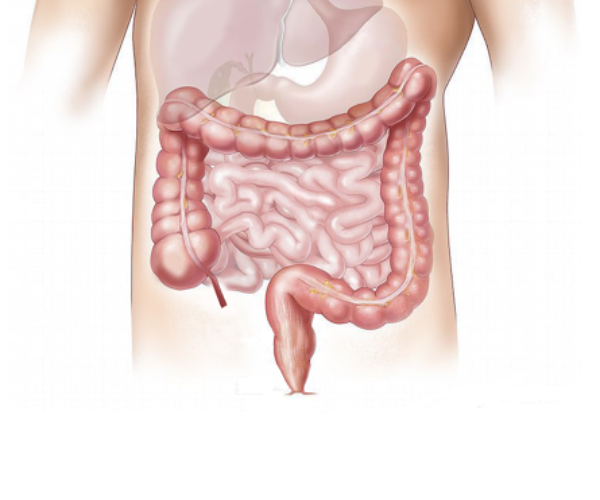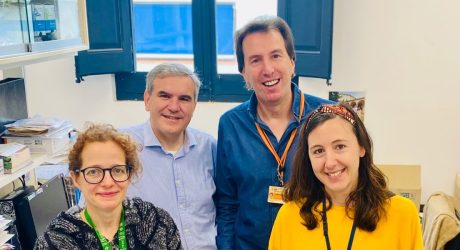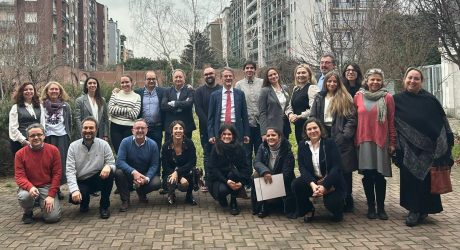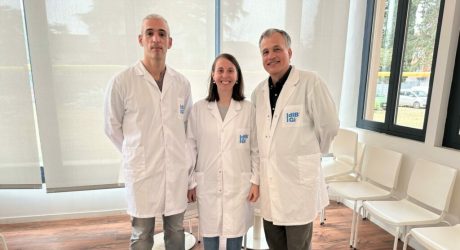Reliable and specific urinary biomarkers for colorectal cancer
Colorectal cancer (CRC) is the most frequent neoplasm in Western countries, the second most frequent neoplasm after breast cancer in women and the third most frequent neoplasm after prostate and lung cancer in men. Survival at five years, if all stages are taken into account, is approximately 65%[RCO1] . The five-year survival of early stages, a situation almost equivalent to cure, is approximately 90%, whereas in advanced or metastatic stages it is less than 10%. Therefore, early diagnosis and disease screening play a central role in the improvement of survival rates. A urine test could be more widely accepted than a fecal test, and this is the scenario for which urinary metabolomics and volatilome studies are being developed.
Thanks to the Marie Skłodowska-Curie Actions, Dr. Raquel Cumeras has been searching for reliable and specific urinary biomarkers for colorectal cancer, under the COLOVOC project, during 2 years in the University of California Davis (USA), and now she continues her research in the Pere Virgili Health Research Institute (IISPV). The main goal of this project is the identification and validation of new biomarkers in urine that can be used to diagnose colorectal cancer (CRC) at a very early stage. To do so, the sample collection must be as simple, economic and convenient as possible. Only in this manner, regular screening approaching 100% of adult population will take place.
The central hypothesis is that CRC associated metabolites in the urine of patients can be segregated from patients with polyps (some of them precursors of CRC) and control subjects, and that their levels are correlated with clinical diagnostics of a CRC stage. Moreover, the project includes a multi-cohort, multi-laboratory validation of the findings, therefore ensuring that any discovery can readily be applied to any population and instrumentation around de world.
Recently, Dr. Cumeras’ team published a systematic review in Cancers’ journal: Comprehensive Volatilome and Metabolome Signatures of Colorectal Cancer in Urine: A Systematic Review and Meta-Analysis. This systematic review provides the first exhaustive evaluation of metabolomics and volatilomics for the determination of colorectal cancer in urine. Specifically, 244 compounds were identified in urine samples (3 shared compounds between the volatilome and metabolome), and 10 of them were relevant in more than three articles. In the meta-analysis, 9 studies met the criteria for inclusion, and for the results combining the case-control and the pre-/post-surgery groups, 11 compounds were found to be relevant.
This project has received funding from the European Union’s Horizon 2020 research and innovation programme under the Marie Sklodowska-Curie grant agreement No 798038
